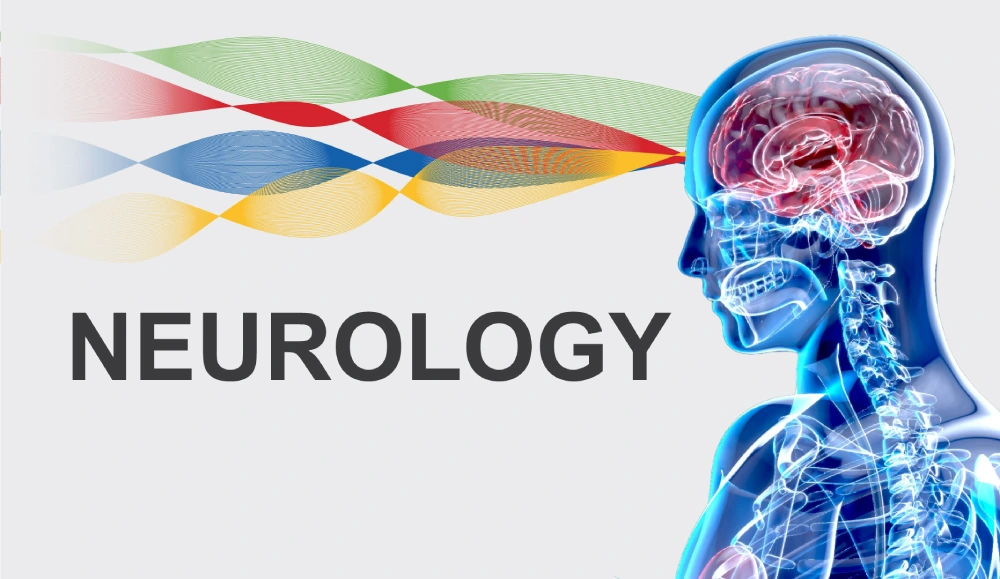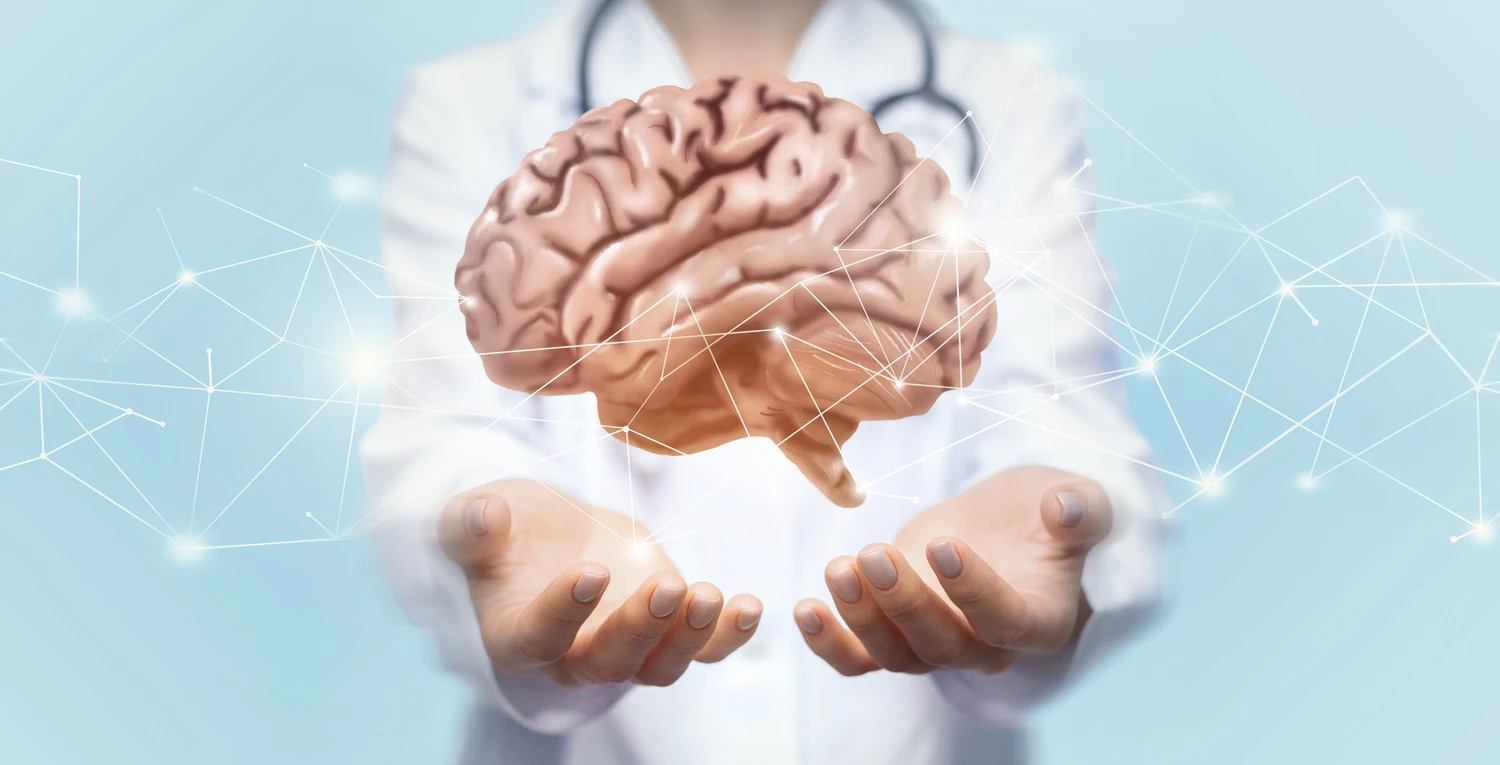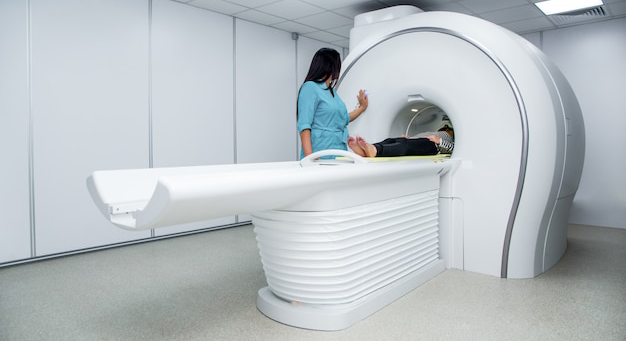Best Neurology Hospital in Pune
- Home
- Departments
- Neurology
Best Neurology Hospital in Pune
Sparsh Hospital, the Best Neurology Hospital in Pune, specializes in addressing a spectrum of conditions, from common headaches to intricate neurological diseases. Our dedicated Expertise ensures comprehensive care for the complete of the Brain, Spinal Cord, and Peripheral nerves.
Neurology is the Branch of Medicine that deals with disorders of the nervous system, encompassing the brain, spinal cord, and peripheral nerves. It focuses on the Diagnosis, Treatment, and understanding of conditions ranging from common headaches to complex neurological diseases.

Best Neurology Doctors in Pune
Types:
Neurology is a branch of medicine that focuses on the study and treatment of disorders related to the nervous system. There are various types of neurology that specialize in different aspects of neurological conditions.
Here Are Some Notable Types
Neurodegenerative Diseases:
- Alzheimer’s disease
- Parkinson’s disease
- Amyotrophic lateral sclerosis (ALS)
Neurodevelopmental Disorders:
- Autism spectrum disorders
- Attention-deficit/hyperactivity disorder (ADHD)
Vascular Disorders:
- Stroke
- Transient ischemic attack (TIA)
Epilepsy and Seizure Disorders:
- Generalized seizures
- Focal seizures

Best Neurology Doctors In Pune
Symptoms Of Neurology
At Sparsh Hospital, we understand the diverse symptoms of neurological issues, ranging from headaches to complex disorders. Our team, led by the Best Neurology Doctors in Pune, is dedicated to identifying and treating these symptoms with precision and care. Trust Sparsh for Comprehensive Neurological Expertise and Personalized Patient-Focused Solutions.Headache Disorders:
- Migraines
- Tension headaches
Movement Disorders:
- Tremors
- Involuntary movements
Cognitive Disorders:
- Memory loss
- Confusion
Peripheral Nerve Disorders:
- Numbness or tingling
- Weakness
Risks Of Neurology:
Neurological Treatments, while essential for managing various disorders, come with inherent risks that necessitate careful consideration. Medications may lead to side effects, ranging from mild discomfort to severe complications. Physical therapy, though beneficial, can pose Risks if not Tailored to individual patient Needs.
Genetic Factors:
- Family history of neurological disorders
Environmental Factors:
- Exposure to toxins
- Traumatic injuries
Stages of Neurology:
Sparsh Hospital, one of the leading Neurology Hospitals in Pune, excels in providing comprehensive care through Various Stages of Neurological treatment. From accurate Diagnosis utilizing advanced imaging Technologies to personalized Treatment plans incorporating medications, physical therapy, and rehabilitation, Sparsh Hospital prioritizes patient well-being.
There Are Three Stages -:
Early Stage:
- Migraines
- Tension headaches
Intermediate Stage:
- Increasing severity of symptoms
- May require more intensive treatment
Advanced Stage:
- Severe symptoms
- Significant impact on daily life
Diagnosis Tests of Neurology :
When doctors want to understand how our brains and nerves are working, they use special tests called diagnosis tests of neurology. These tests help them figure out if something might be wrong, like if we have a problem with our brain or nerves. Sometimes, they might ask us to do tasks or answer questions to see how well our brain is working.
Other times, they use machines like MRI or CT scans to take pictures of our brain. These tests are like detectives trying to find clues to help doctors know how to take care of our brains and nerves better.
MRI (Magnetic Resonance Imaging):
- Detailed situation of the brain and spinal cord

CT Scan (Computed Tomography):
- Cross-sectional images for detecting abnormalities
Electroencephalogram (EEG):
- Measures brain activity and detects abnormalities
Treatments of Neurology-:
Neurological treatments often involve medications to manage symptoms and improve quality of life for conditions such as epilepsy, migraines, and Parkinson’s disease.Physical therapy and rehabilitation are commonly employed to address motor and sensory deficits in neurology patients, aiding recovery from strokes, spinal cord injuries, and other neurological disorders.
Medications:
- Anticonvulsants for seizure control
- Pain management for neuropathic pain
Therapies:
- Physical therapy for mobility
- Occupational therapy for daily activities
Surgical Interventions:
- Deep brain stimulation for movement disorders
- Surgery to address structural abnormalities
